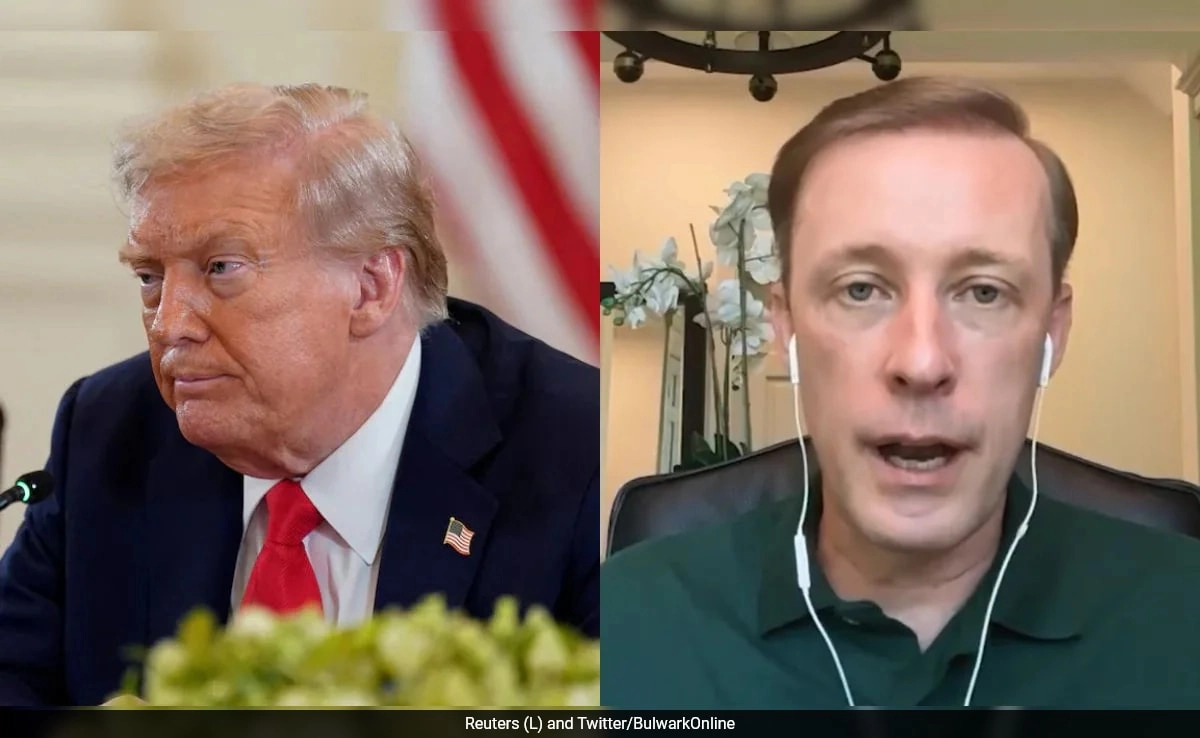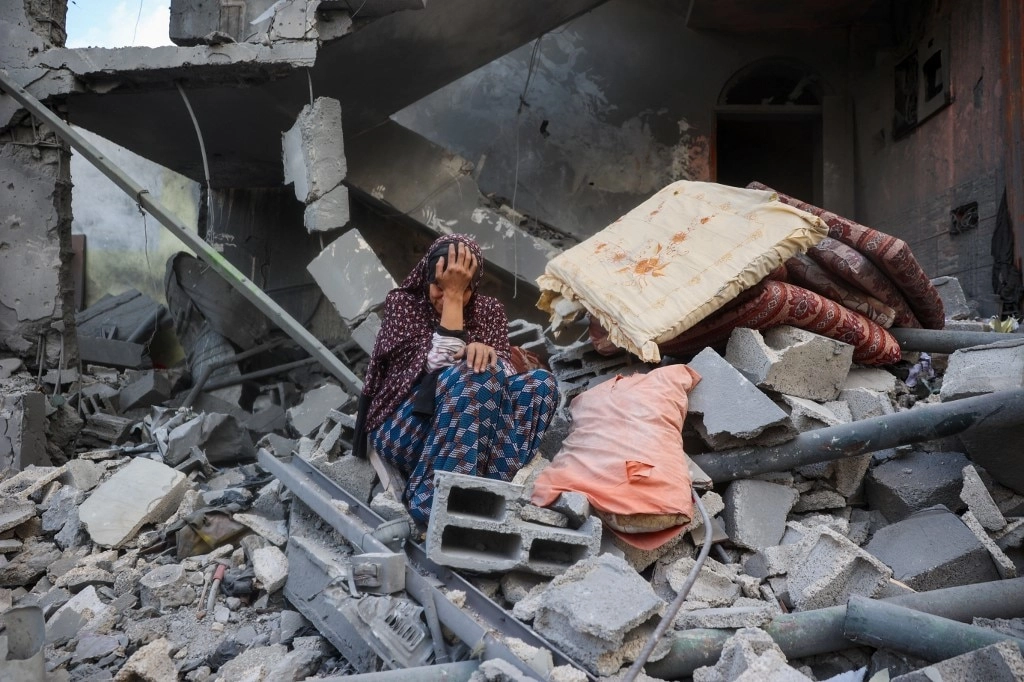On August 14, 1945, just hours before Japan’s formal surrender, the United States conducted a bombing raid on the city of Kokura, marking one of the last military actions of World War II. This raid was part of a broader strategy aimed at hastening Japan’s capitulation and ending the war. The bombing mission, however, would ultimately pivot to a different target due to weather conditions, illustrating the chaotic and unpredictable nature of wartime decisions. Kokura was initially chosen because it was home to a significant military arsenal, making it a strategic target. The city’s factories produced weapons and ammunition that were crucial to the Japanese war effort, and the U.S. military aimed to cripple Japan’s ability to continue fighting.
As the mission approached, the B-29 bombers encountered thick cloud cover over Kokura, making it difficult to accurately assess the target. After multiple passes and attempts to spot the city through the overcast skies, the bomber crews were forced to reconsider their options. With limited fuel and the clock ticking, they diverted to their secondary target: Nagasaki. The decision to redirect the attack was a pivotal moment, as it ultimately changed the course of history. The bombing of Nagasaki, which occurred on August 9, 1945, followed the earlier bombing of Hiroshima, was instrumental in compelling Japan to surrender, but Kokura’s near miss serves as a reminder of the intricacies and unpredictability of wartime operations.
The bombing of Kokura, though not executed, represents the desperation and urgency felt by the Allied forces as they sought to bring a swift end to a conflict that had claimed millions of lives. The series of bombings that led to Japan’s surrender were marked by ethical considerations that continue to provoke debate among historians and ethicists. The bombings not only inflicted immediate devastation but also left deep psychological scars on the Japanese populace. The fact that Kokura was spared, albeit narrowly, raises questions about the criteria used to select bombing targets and the ultimate impact of such decisions on civilian populations.
In retrospect, the events surrounding the bombing of Kokura highlight the complex interplay of military strategy and humanitarian considerations during wartime. The decision to bomb cities like Kokura and Nagasaki was not just about destroying military assets but also about demonstrating power and enforcing the will of the United States. As the world reflects on the tragedies of World War II, the story of Kokura serves as a poignant reminder of the war’s chaotic nature and the profound consequences of military actions that can resonate through generations. It emphasizes the need for careful consideration of the human cost associated with warfare and the lasting implications of decisions made in the heat of battle.




